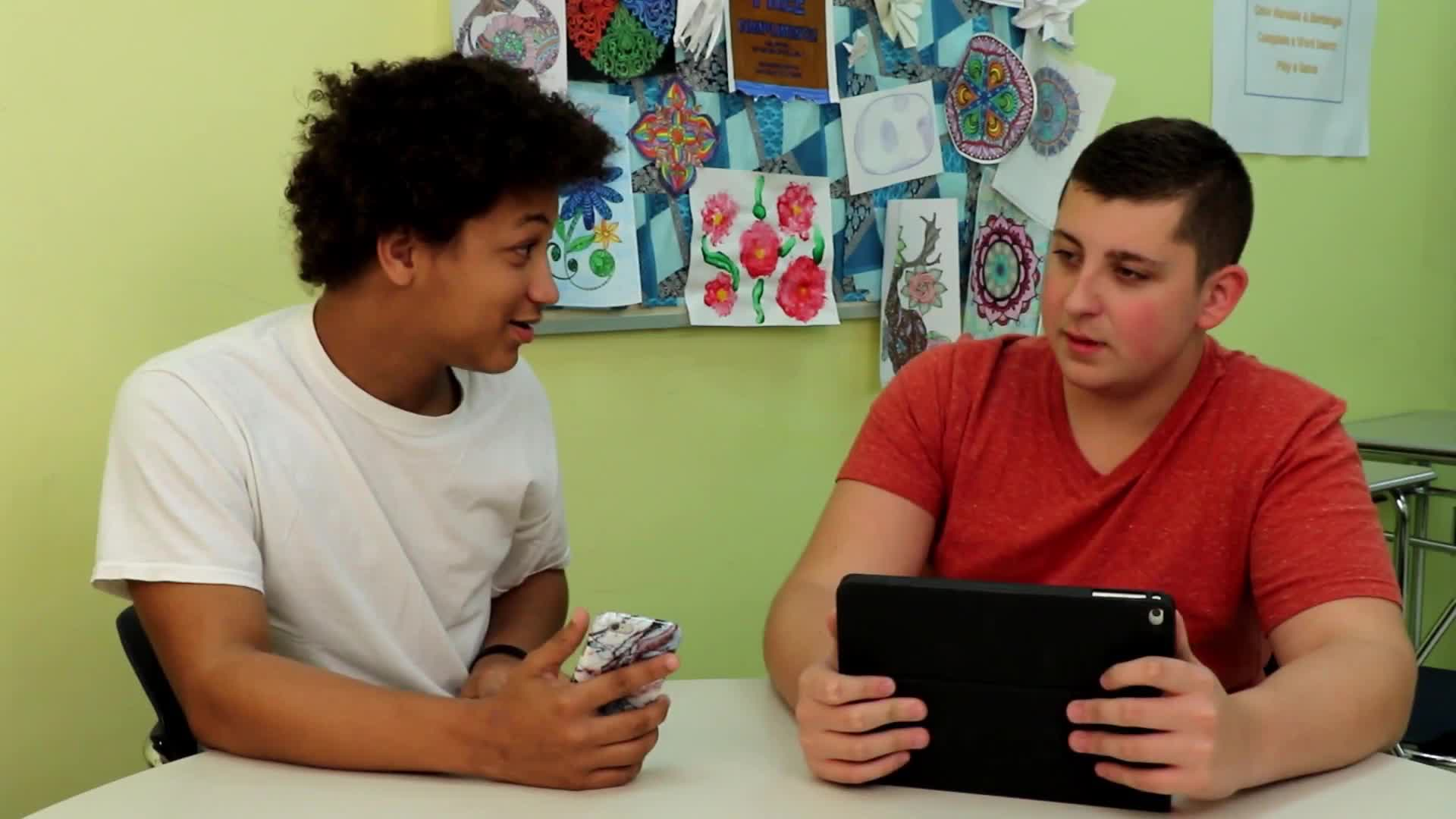Introduction
In special education, understanding the significance of certain skills is crucial for developing effective IEP goals. The target skill, “Think It or Say It,” is one such skill that plays a vital role in students’ learning, social interactions, and overall wellbeing.
Understanding the Think It or Say It Skill
The “Think It or Say It” skill helps students discern when to express their thoughts and when to keep them to themselves. This skill impacts their learning by promoting respectful communication with teachers and peers, enhancing their social interactions, and fostering emotional wellbeing by avoiding hurtful or offensive comments.
The Role of Specialists
Various specialists can support the development of the “Think It or Say It” skill:
- Speech-Language Pathologists: Assist in improving students’ communication abilities and understanding of appropriate language use.
- Social Workers: Help students develop social skills and navigate challenging social situations.
- Psychologists: Work on students’ emotional regulation and understanding of how their words can impact others.
- School Counselors: Provide guidance on effective communication strategies and conflict resolution.
IEP Goals for Think It or Say It Skill
Here are some specific SMART IEP goals to improve the “Think It or Say It” skill in students:
-
Goal: The student will demonstrate the ability to differentiate between thoughts that should be expressed and those that should remain unspoken in 80% of observed social interactions.
- Strategy: Teach students to ask themselves if their thought is kind, helpful, or hurtful before speaking.
- Activity: Role-play scenarios where students must decide whether to express their thoughts or keep them to themselves.
-
Goal: The student will use appropriate language and tone when correcting or questioning others in 90% of observed situations.
- Strategy: Teach students to use indirect language and ask questions rather than directly pointing out mistakes.
- Activity: Practice conversations where students must correct or question their peers or teachers respectfully.
Implementing and Measuring Progress
To effectively implement and measure progress for these IEP goals, consider the following tips:
- Collaborate with specialists to provide targeted support for the student.
- Monitor and document the student’s progress regularly through observations and assessments.
- Adjust strategies and goals as needed based on the student’s progress.
Conclusion
Developing effective IEP goals for the “Think It or Say It” skill is essential for high school students’ success in social interactions and learning. By implementing these goals and collaborating with specialists, educators can positively impact students’ communication skills and wellbeing. To explore more resources, visit Everyday Speech Sample Materials.








